The enigmatic behaviors of domestic cats have fascinated humans for centuries. While their independent nature and unique habits can be puzzling, one question often arises: do domestic cats hunt for fun or purely out of instinct? Understanding the underlying motives for feline hunting behaviors requires a dive into the evolutionary background, physiological traits, and environmental influences shaping their actions.
The Evolutionary Roots of Cat Hunting Behaviors
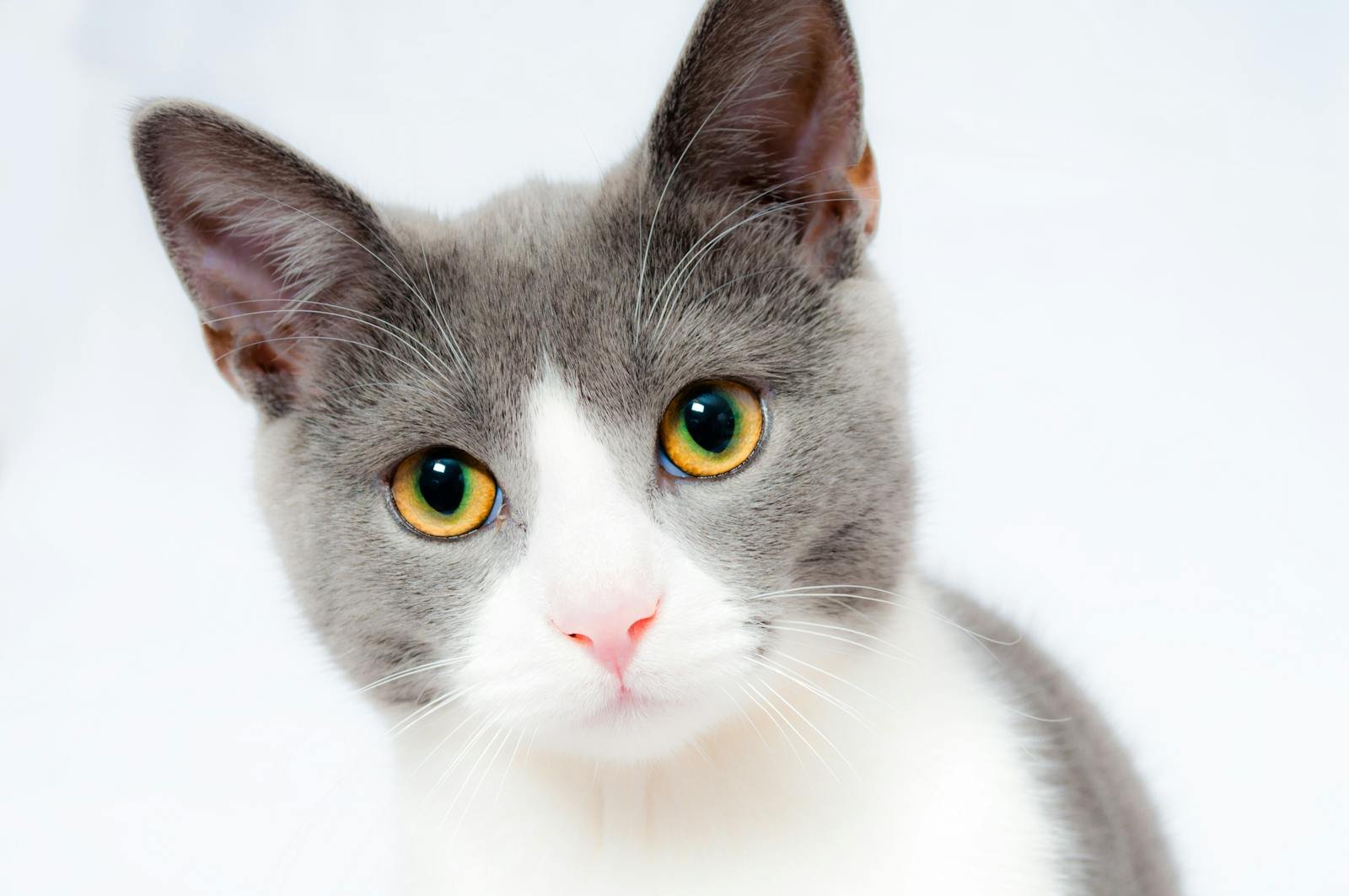
To comprehend why cats engage in hunting activities, it’s important to explore their evolutionary past. Cats are descendants of predatory ancestors, which developed hunting as a survival mechanism. Though many domestic cats now have secure homes and steady food sources, these ancestral instincts remain a key part of their behavior.
The Role of Instinct in Feline Hunting
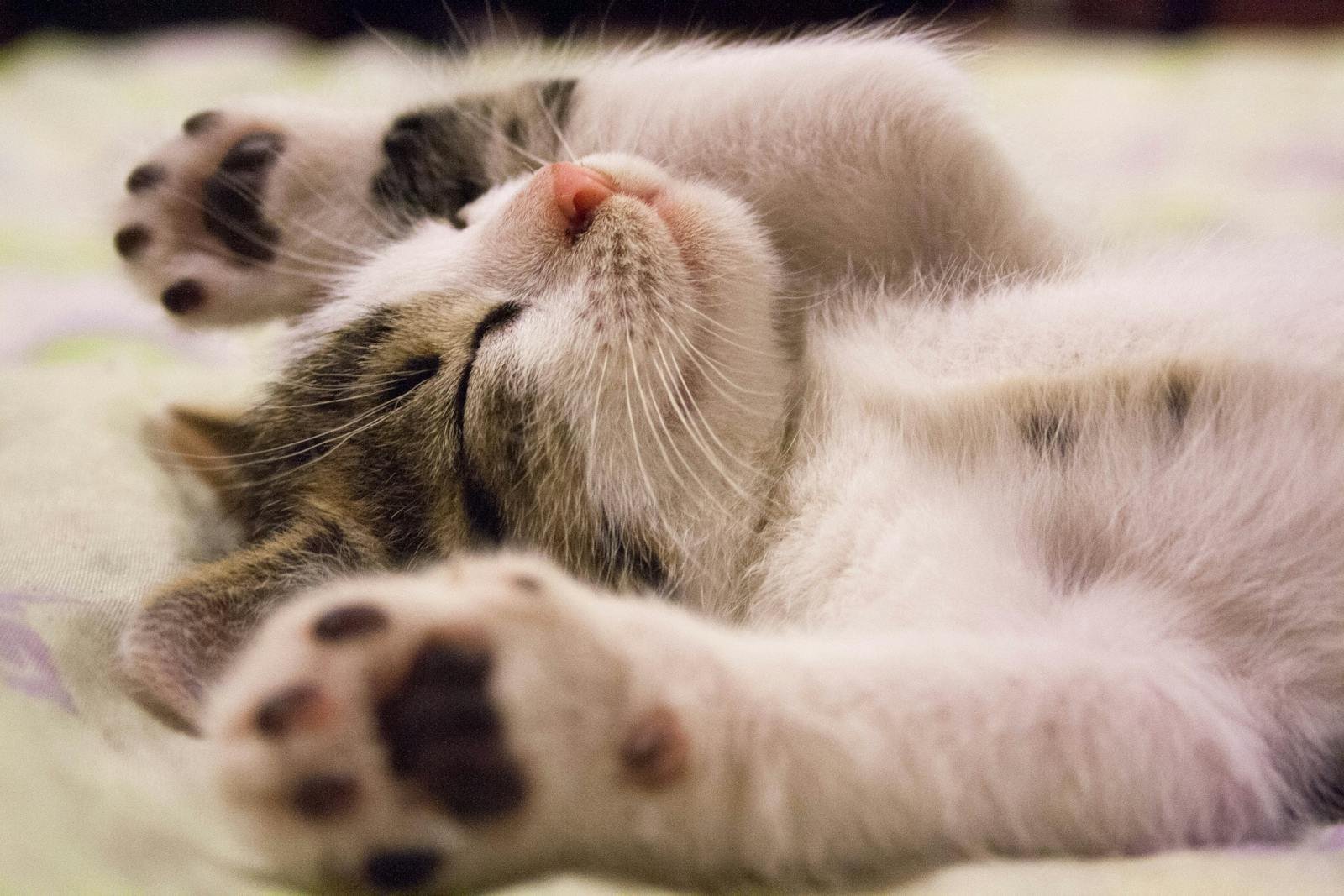
Instinct plays a substantial role in cat hunting behaviors. Newborn kittens quickly exhibit hunting characteristics, indicating a strong genetic component. Even in the absence of hunger, a cat’s brain is hardwired to chase and pounce, linking them back to their wild forebears.
Natural Hunting Skills and Techniques
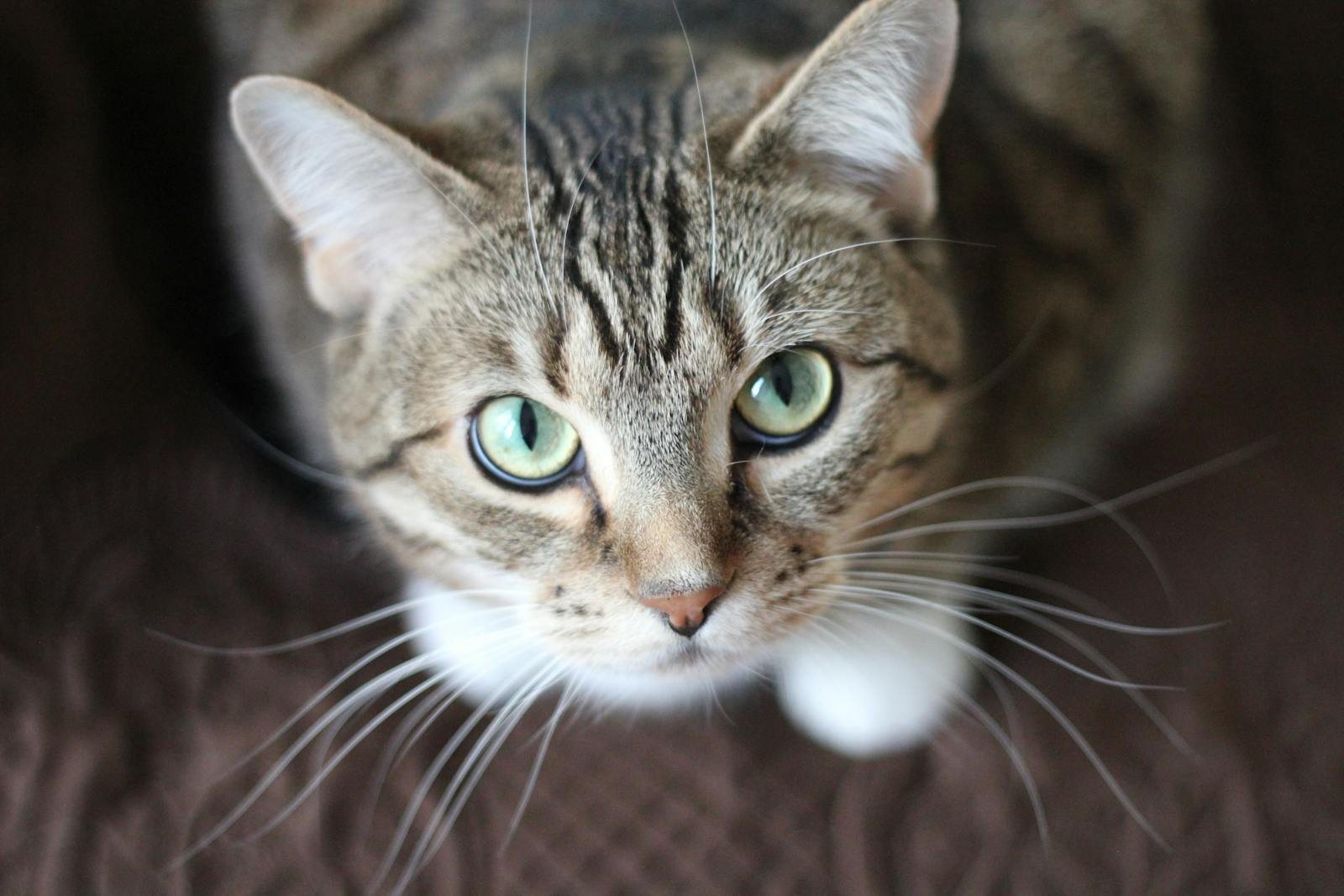
Cats are born hunters, equipped with sharp claws, keen hearing, and rapidly reacting muscles. These physical attributes are perfected through playful behavior seen in kittens as they practice their stalking and pouncing tactics, perfecting skills necessary for survival in the wild.
The Influence of Environment and Experience
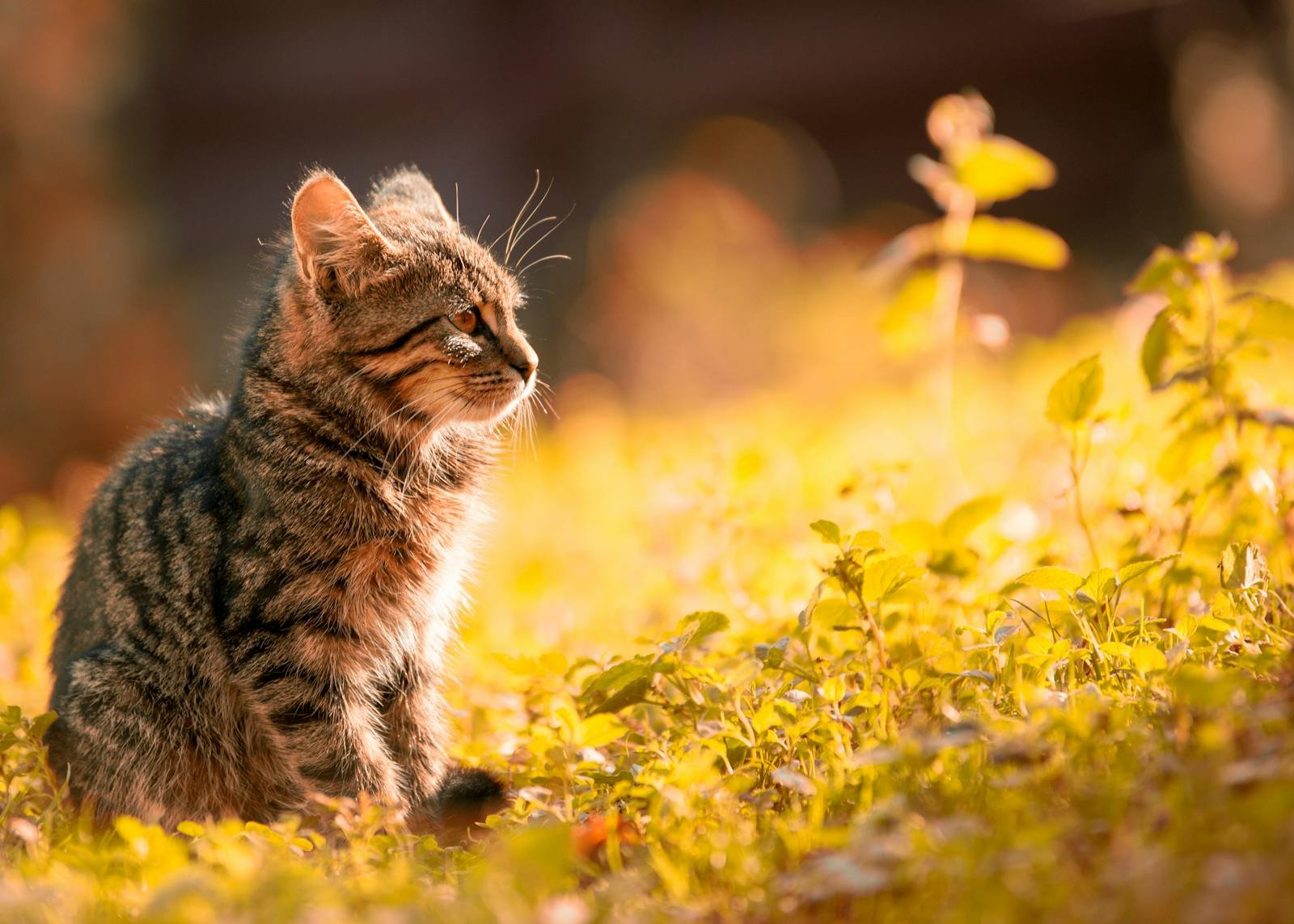
Though instincts form a major foundation, environmental factors and personal experience further shape a cat’s hunting behavior. Cats with outdoor access may have the opportunity to hunt live prey, instinctually responding to sounds or movements in their surroundings.
Playful Behavior: Fun or Practice?
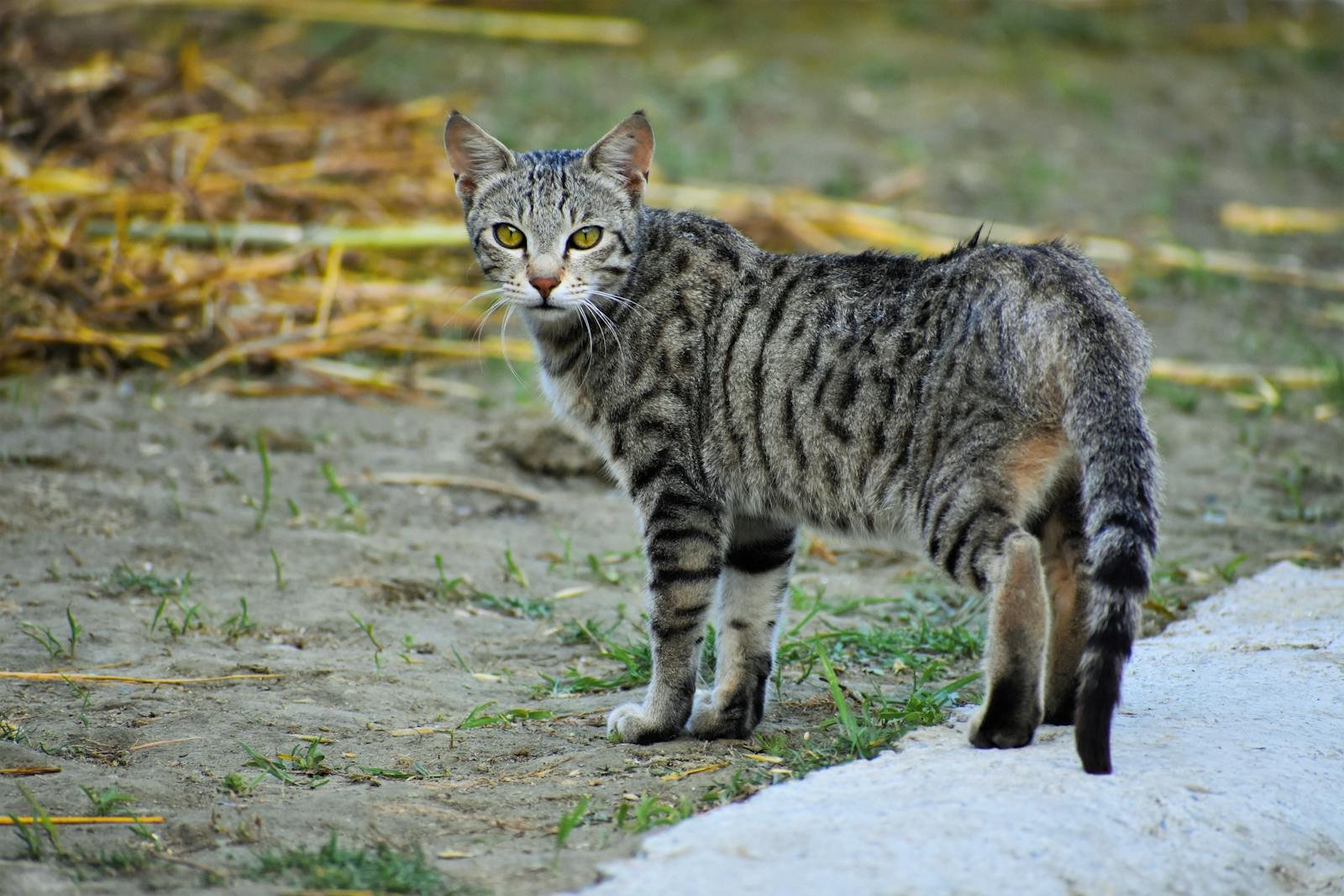
As cat owners observe their pets’ play, the distinction between play and hunting can blur. The act of chasing and batting at toys often mimics hunting techniques. This playful behavior might be a mix of pleasurable activity and honing of skills, intertwining enjoyment with instinctual practice.
Prey Drive: The Fuel Behind Hunting and Play
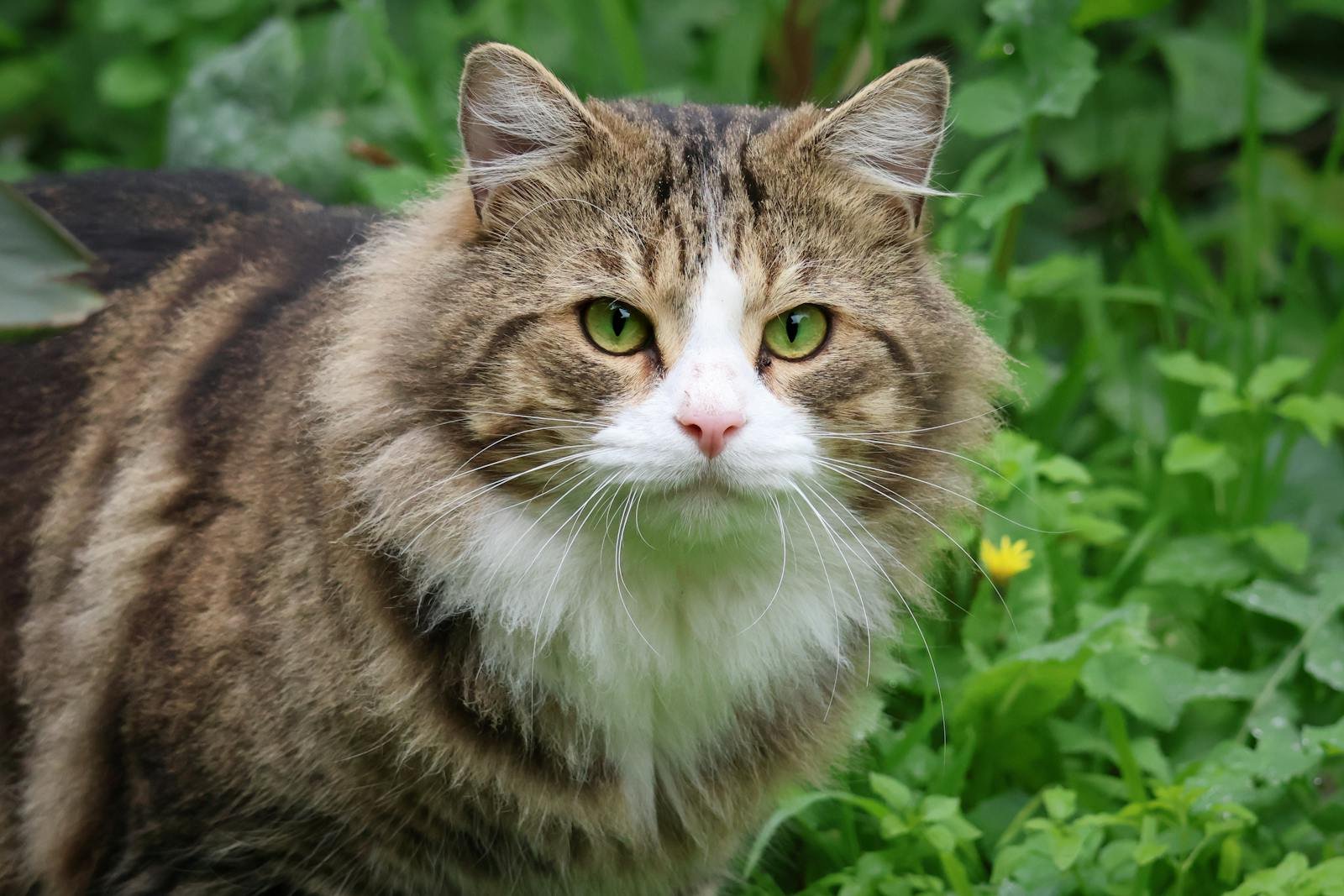
The prey drive, an intrinsic motivation in cats, prompts them to engage in hunting-like play. It explains their attraction to objects resembling prey. Such behaviors might persist in well-fed domestic cats, suggesting the drive is more about instinct than necessity.
The Impact of Diet and Sustenance
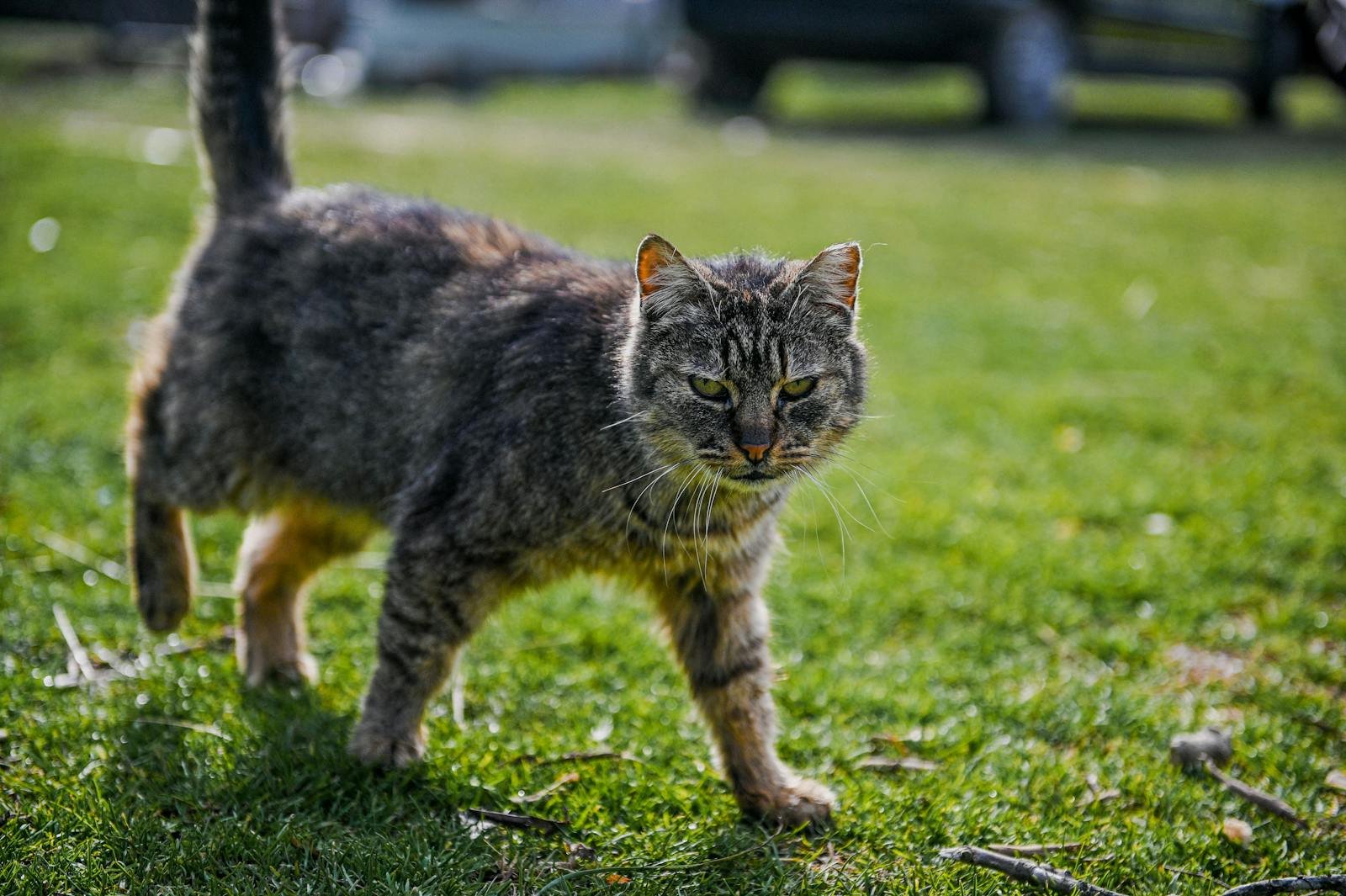
Though a domestic cat’s food needs are usually met by its owner, hunting for food is not solely about hunger. The fulfillment of their natural hunting instincts can be just as rewarding as the nutritional gains, motivating their pursuit of small critters or insects.
Behavioral Variations Among Different Breeds
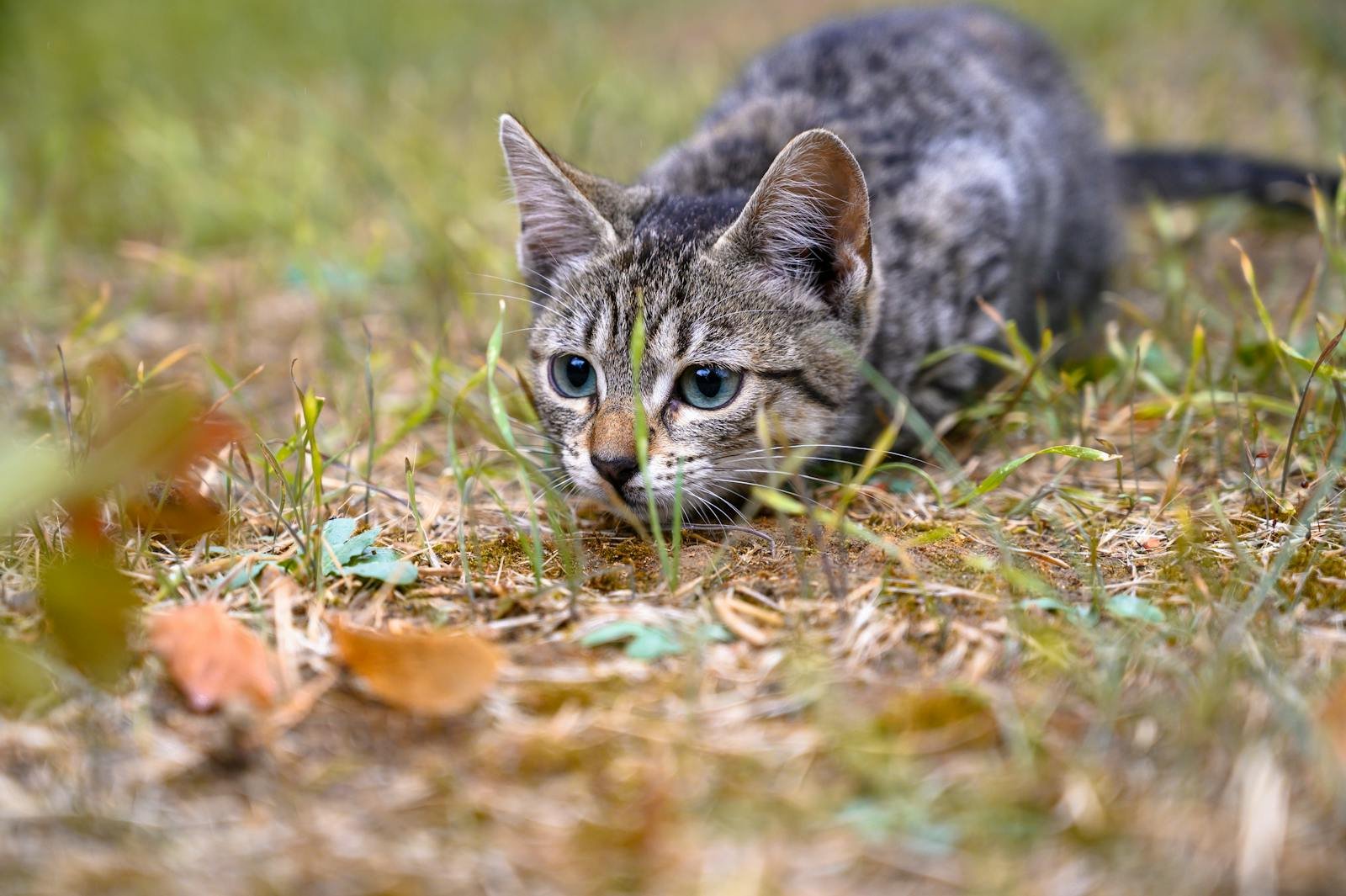
Different cat breeds can exhibit varying intensities of hunting behavior. Breeds with more active or energetic natures, such as Bengals or Siamese, might display stronger hunting drives due to specific genetic predispositions, compared to more laid-back breeds like the Ragdoll.
The Debate: Fun Versus Instinct
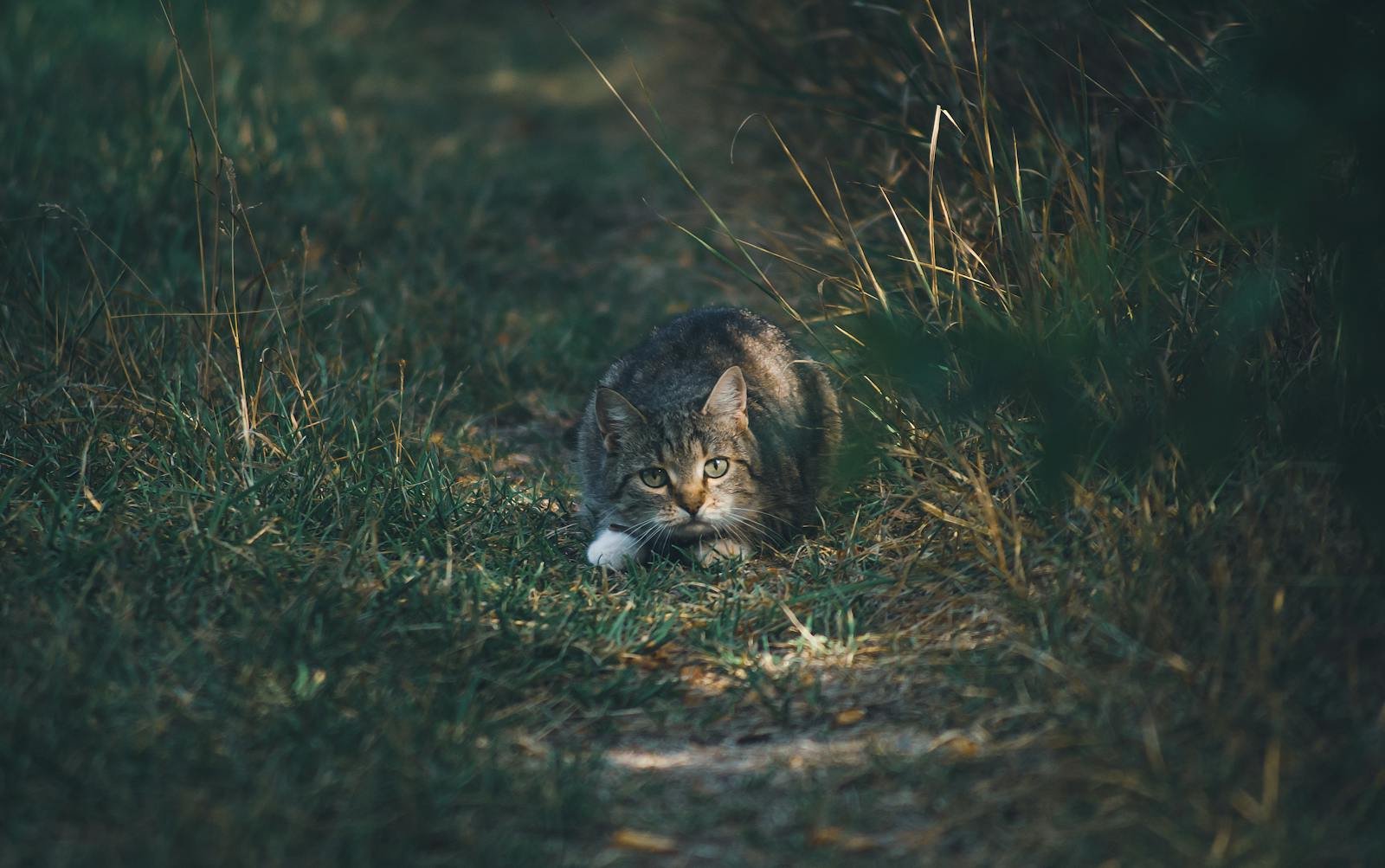
Determining whether cats hunt for fun or instinct isn’t straightforward. Behaviorists argue it’s a mixture of both—instinct supplies the drive, while playful enjoyment maintains engagement. Ultimately, it is this blend of instinctual behavior and physical activity that informs their actions.
Encouraging Healthy Hunting Behaviors in Domestic Cats
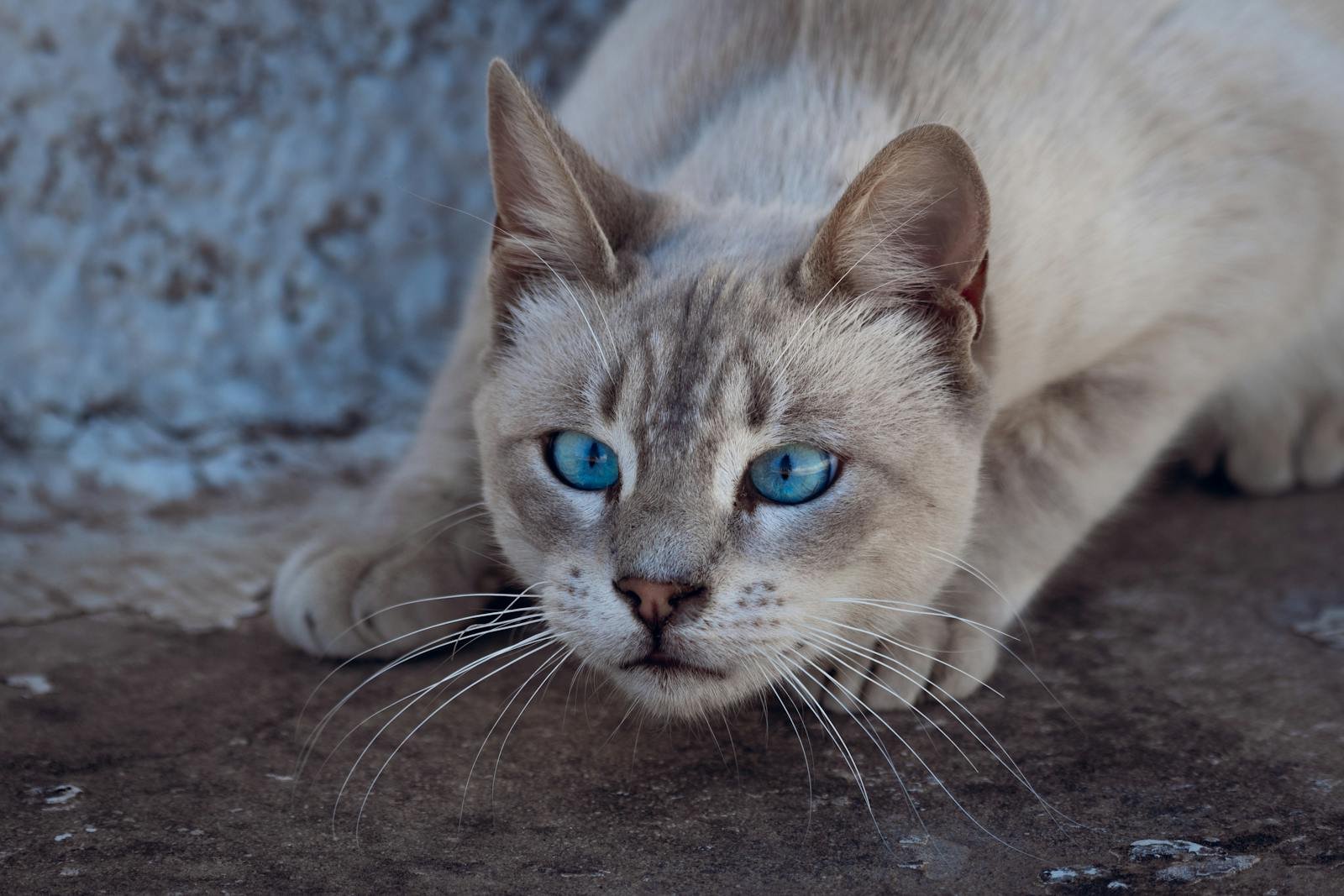
To support a cat’s natural hunting instincts constructively, owners can provide interactive toys or engage them in play that simulates hunting. This not only satisfies their instinctual needs but fosters a fulfilled and balanced feline lifestyle. Finding this equilibrium ensures your cat remains stimulated mentally and physically.
Overall, understanding if domestic cats hunt for fun or out of instinct involves recognizing their inherent predatory nature while appreciating how personal and environmental factors cultivate their curious blend of play and proficiency.
Hi, I’m Bola, a passionate writer and creative strategist with a knack for crafting compelling content that educates, inspires, and connects. Over the years, I’ve honed my skills across various writing fields, including content creation, copywriting, online course development, and video scriptwriting.
When I’m not at my desk, you’ll find me exploring new ideas, reading books, or brainstorming creative ways to solve challenges. I believe that words have the power to transform, and I’m here to help you leverage that power for success.
Thanks for stopping by, Keep coming to this website to checkout new articles form me. You’d always love it!



